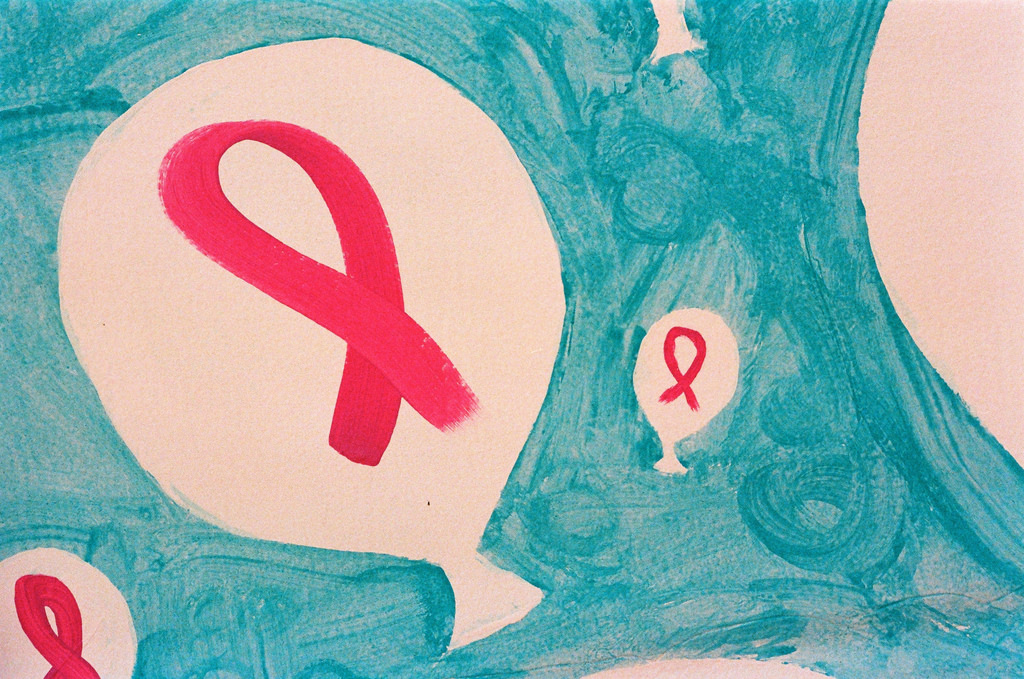Hispanic women have lower breast cancer rates compared to white women, but the cancer in the former is often more aggressive – a fact that has oncologists stumped.
The incidence rate for breast cancer among Hispanic women is lower by 28% than their white peers, but it remains the leading cause of cancer death among them. The estimated number of deaths for 2015 was 2,800, according to the American Cancer Society.
Experts believe there are a number of factors that contribute to this incidence, primarily of which is that breast cancer is generally diagnosed at an advanced stage in Hispanics. From 2008 and 2012, 57% of breast cancer cases in Hispanic women were found while they were local – restricted to the point of origin – compared to 65% of white women. Localized cancers have a much higher rate of survival compared to cancers that spread and have reached later stages.
A study by the Avon Foundation for Women looked at the different countries of origin for Hispanics in the United States, and confirmed the problem. The largest Hispanic groups in the US had the highest death rates from breast cancer within their ethnic group: 19.04% for Puerto Ricans, 18.78% for Mexicans and 17.89% for Cubans. Among Central and South Americans, the mortality rate was 10.5%, the Miami Herald reports.
Bijou Hunt, the epidemiologist behind the study, says more research is necessary to determine why certain subgroups have higher mortality rates than others. She says,
It’s probably a variety of factors. I think we have to dive in a little deeper to compare.
These factors include acculturation, or the adoption of unhealthy habits and behaviors, access to screening tests and treatment as Hispanics tend to have less access to healthcare in general, and unknown genetic risk factors. Customs, beliefs and priorities may also contribute to this problem. Some women still believe that cancer is equivalent to a death sentence and put off going to the doctor or getting screened, while others tend to put the health of their family members ahead of their own.
Hunt believes educating healthcare providers may help greatly. “We have to start by educating those in healthcare to understand that Hispanics are not just one big, homogenous group,” she says. “There are these individual countries of origin to consider and there are differences among them.”
There are over 55 million Hispanics in the country, and they’re now the fastest-growing minority group in the country, particularly in California, Texas and Florida.
























